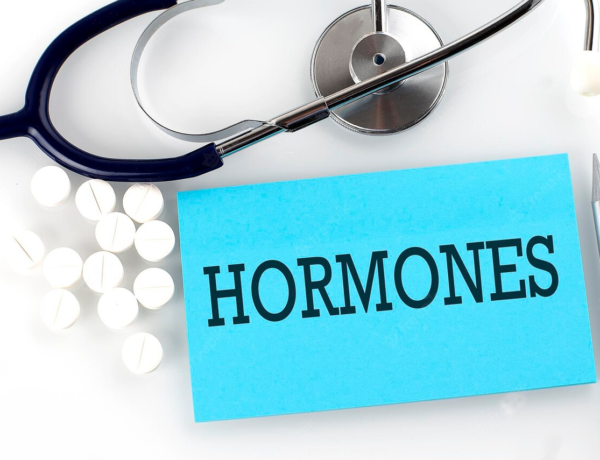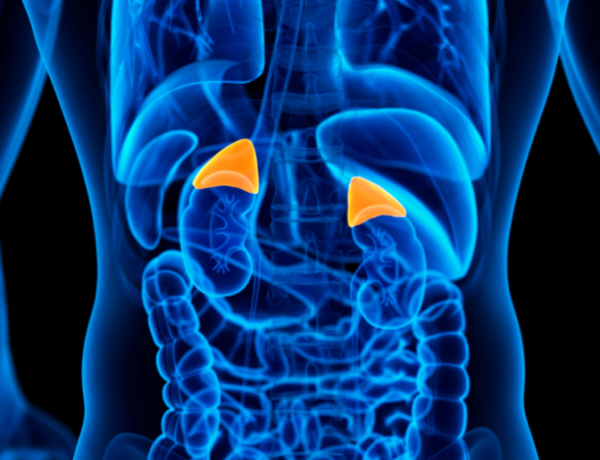- What are autoimmune diseases?
Wikipedia definition:
“Autoimmune diseases are due to hyperactivity of the immune system against substances or tissues that are normally present in the body. Their cause is not yet well understood… Most autoimmune diseases are probably the result of multiple causes, such as a genetic predisposition stimulated by an infection, combined with the presence of a chemical substance or food.”
- About 200 autoimmune diseases are known, but new ones are discovered every year. Most patients go undiagnosed and the diseases continue to progress. Conventional treatments consist of anti-inflammatory and immunosuppressive drugs. The imbalance of the Th1 / Th2 immune system leads to tissue destruction. Examples: Hashimoto’s thyroiditis, Graves’ disease, multiple sclerosis, Addison’s disease, Alopecia aerata, Celiac disease, Crohn’s disease, ulcerative colitis, diabetes type 1, interstitial cystitis, Lupus, rheumatoid arthritis, polymyalgia rheumatica, ankylosing spondylitis, scleroderma, Sjogren’s syndrome, vitiligo, etc.
Symptoms common to autoimmune diseases:
Chronic fatigue, anemia, allergies, asthma, digestive problems, muscle and joint pain, insomnia, toxicity, skin problems, headaches, migraines, hormonal problems, chronic nutritional deficiencies, unstable moods…
- Causes of autoimmune diseases
- Intestinal permeability
- Food intolerance
- Chronic infections: bacteria, parasites, fungi, viruses, protozoa, etc.
- Exposure to toxic products: pesticides, chemical fertilizers (glyphosate-Monsanto), plastics, exogenous hormones, polluted air, soil, and water, chemicals in cosmetics and household hygiene products, exhaust fumes, deodorant, etc.
- Heavy metals: mercury, lead, aluminum, cadmium…
- Overexposure to electromagnetic waves
- Depletion of glutathione due to all these aggressions = intestinal permeability and intestinal inflammation = vicious circle.
- Link between autoimmune diseases and digestion
All autoimmune diseases originate in the intestines. The intestinal wall is damaged due to a disturbed and/or missing intestinal flora. The enterocytes, cells living on the villi of the intestinal wall, degenerate and the intestinal wall becomes porous = porous intestine syndrome. Poorly digested proteins pass through the wall of the small intestine into the blood. Toxins from poorly digested proteins (gluteomorphins, casomorphins, alcohol, acetaldehyde), but also from chemicals, pathogens pass through the intestinal wall into the blood. Once in the blood, these molecules attach themselves to specific proteins (proteins going to the thyroid, to the brain, to the joints, etc). The body then sends out antibodies to attack the foreign molecules, but the antibodies attack the protein to which the foreign molecules are attached at the same time (thyroid, brain, joints, etc). The antibodies while trying to destroy the foreign molecules destroy at the same time the proteins of the thyroid, the brain, or the joints… This process unbalances the immune system and autoimmunity sets in. The toxins constantly floating in the blood create a general toxicity of the body, the emunctories are overloaded, the ground becomes acidified.
- Causes of intestinal flora imbalances
- Antibiotics.
- Non-breastfed babies. At the time of weaning, babies put on formula, or pasteurized milk, or soy milk, or babies who are introduced to flour before the age of 2 years… will all have a disturbed intestinal flora.
- Medications (including the contraceptive pill) contribute to the disruption of the intestinal flora.
- Prolonged stress
- A denatured diet
- Alcohol and drugs
- Infections: salmonella, typhoid, Lyme, herpes…
- Chronic diseases
- Aging
- Chemicals: dental products, exposure to chemicals…
- Foods to eat:
Homemade broths of vegetables, meats, bones, and fish.
Soups made with these broths.
Bone marrow, cartilage, natural gelatin.
All quality meats and fish (ideally cooked in broth).
All non-starchy vegetables that do not irritate you (very individual).
All ripe fruits (or cooked in compote) and soaked dried fruits.
Raw honey
Fermented foods: sauerkraut, lacto-fermented vegetables, fermented fish (Gravelax), fermented beet juice…
Saturated fats: goose, duck, lard, butter, clarified butter, coconut oil and palm oil.
- Complementary strategies:
- Vitamin D intake to regulate the Th1 / Th2 balance.
- Support of Glutathione recycling with: cordyceps, centella asiatica, syllibummarianum, N-Acetyl-cysteine, alpha-lipoic acid, L-glutamine, selenium.
- Reduction of the vicious circle of inflammation with curcumin and resveratrol.
- Probiotics to rebalance the intestinal flora.
- Reduction of chronic infections (candida, parasites, bacteria…)
- Detoxification protocol for heavy metals.









No Comments